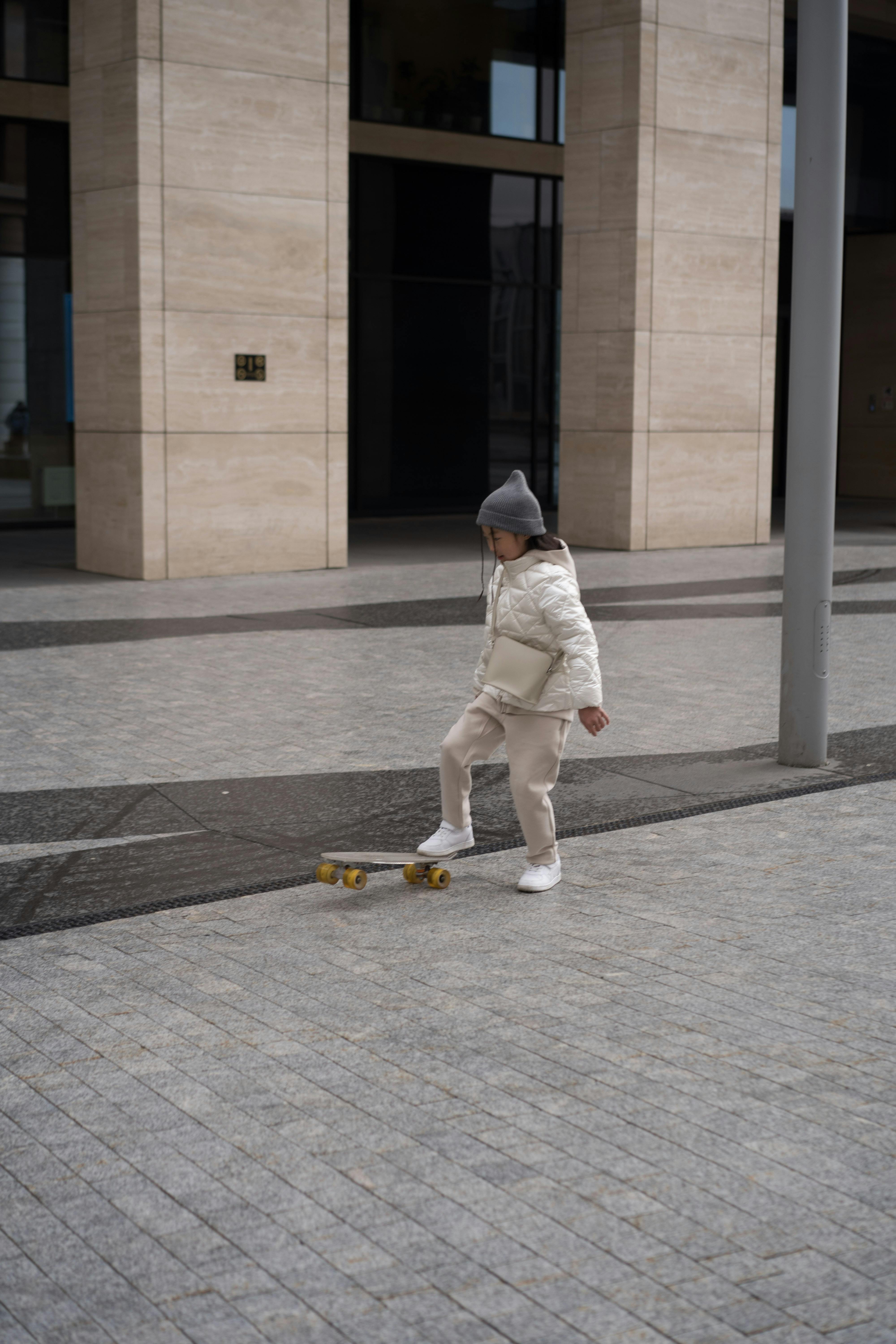Imagine a world where children can maintain a relationship with their non-custodial parent, even in challenging circumstances. That’s the purpose behind nonprofessional supervised visitation. This innovative approach provides a safe and nurturing environment for children to interact with their parents, under the supervision of trained individuals. By focusing on the best interests of the child, nonprofessional supervised visitation offers an invaluable opportunity for families to reunite and strengthen their bonds. Discover how this unique program is revolutionizing the way parent-child relationships are maintained, fostering a sense of security and resilience in the lives of countless children.

Understanding Non Professional Supervised Visitation
Definition of Non Professional Supervised Visitation
Non professional supervised visitation refers to a type of visitation arrangement where a trained but non-professional individual is appointed to supervise and monitor the interactions between a child and a parent during visitation. This arrangement is put in place when there are concerns about the safety or well-being of the child, and the court deems it necessary to have a neutral third-party present during visitation time.
Importance of Non Professional Supervised Visitation
Non professional supervised visitation plays a crucial role in ensuring the well-being and safety of children in situations where there may be risks involved. It provides a structured environment for parent-child interactions, allowing the child to maintain a relationship with their parent while also ensuring their protection. This type of visitation can help to reduce potential conflict or harm, and allows the child to gradually build trust with the supervised parent.
Who Needs Non Professional Supervised Visitation?
Cases Requiring Non Professional Supervised Visitation
Non professional supervised visitation may be required in various cases, including situations where there have been documented instances of domestic violence, substance abuse, neglect, or when there are concerns about the child’s emotional or physical well-being. Additionally, it may also be necessary in cases involving parental alienation or high-conflict divorces, where the child’s best interests are at stake.
Reasons for Non Professional Supervised Visitation
The primary reason for implementing non professional supervised visitation is to ensure the safety and protection of the child. By having a neutral and trained individual present during visitation, any potential risks or conflicts can be immediately addressed and mitigated. It also provides an opportunity for the supervised parent to demonstrate their ability to provide a safe environment for the child, which may eventually lead to a less restrictive visitation arrangement.

Non Professional Supervised Visitation Providers
Qualification and Training Requirements
Non professional supervisors are individuals who have received specialized training in visitation monitoring. While they may not necessarily possess professional qualifications, they undergo comprehensive training programs that equip them with the necessary skills to effectively supervise parent-child visitations. These training programs often cover topics such as child development, conflict resolution, and safety protocols.
Role and Responsibilities of Non Professional Supervisors
Non professional supervisors play a crucial role in facilitating visitations and ensuring the safety of the child. Their responsibilities include monitoring interactions, documenting any incidents or concerns, and intervening if necessary to prevent any potential harm. They also act as neutral parties, remaining impartial and prioritizing the well-being and best interests of the child throughout the visitation process.
Benefits and Drawbacks of Non Professional Supervised Visitation
Advantages of Non Professional Supervised Visitation
Non professional supervised visitation offers several advantages. Firstly, it provides an opportunity for the child to maintain a relationship with the supervised parent while ensuring their safety and well-being. It can also assist in building trust and repairing relationships between the child and parent. Furthermore, non professional supervised visitation is often more cost-effective compared to professional supervision services, making it a viable option for many families.
Disadvantages of Non Professional Supervised Visitation
While non professional supervised visitation has its benefits, it also comes with certain drawbacks. One potential disadvantage is the lack of uniform standards and regulations across different jurisdictions, which can lead to inconsistencies in the quality of supervision. Additionally, non professional supervisors may not have the same level of expertise or training as professionals, which could limit their ability to handle complex situations or provide specialized support.

Setting Up Non Professional Supervised Visitation
Legal Process and Court Involvement
The establishment of non professional supervised visitation typically involves court intervention. The court will assess the specific circumstances and determine whether supervised visitation is necessary, taking into consideration the best interests of the child. Once ordered, the court will identify a suitable non professional supervisor or provide recommendations for potential supervisors.
Establishing a Visitation Schedule
To ensure consistency and predictability, it is important to establish a visitation schedule for non professional supervised visitation. This schedule should take into account the child’s routine, the availability of the supervised parent, and the availability of the non professional supervisor. By having a clear and agreed-upon schedule, all parties involved can plan accordingly and avoid any unnecessary conflicts or disruptions.
Creating a Safe Visitation Environment
Creating a safe visitation environment is paramount in non professional supervised visitation. The physical space where the visitation takes place should be child-friendly, free of potential hazards, and provide opportunities for age-appropriate activities. It is also important to establish guidelines and boundaries to ensure the well-being of the child, such as prohibiting the presence of any substances or individuals with a potentially negative impact on the visitation.
Ensuring Safety in Non Professional Supervised Visitation
Risk Assessment and Safety Planning
Prior to the commencement of non professional supervised visitation, a thorough risk assessment should be conducted to identify any potential risks or concerns. This assessment may involve reviewing past incidents, assessing the behavior and attitudes of the parents, and considering any court orders or recommendations. Based on the results of the assessment, a safety plan can be developed to minimize any identified risks during visitation.
Monitoring and Intervention Strategies
Non professional supervisors are responsible for actively monitoring the visitation to ensure the safety and well-being of the child. They should be vigilant in observing the interactions between the child and parent, looking out for any signs of distress or potential risks. If necessary, the supervisor should be prepared to intervene and take appropriate actions to prevent harm, following the established safety protocols.
Emergency Protocols
In the event of an emergency or immediate threat to the safety of the child or supervisor, clear emergency protocols should be in place. These protocols should outline the steps to be taken to ensure the immediate safety of everyone involved and include contact information for relevant authorities or emergency services. Regular review and practice of these protocols are essential to ensure a swift and effective response in critical situations.
Communication and Documentation in Non Professional Supervised Visitation
Effective Communication Strategies
Clear and effective communication is crucial in non professional supervised visitation. Non professional supervisors should foster an open and respectful environment and encourage positive communication between the child and parent. They should also communicate any concerns or observations to the court or relevant authorities as required, ensuring that all relevant parties are informed about the well-being of the child during visitation.
Documentation Requirements and Best Practices
Accurate and thorough documentation is essential in non professional supervised visitation. Non professional supervisors should maintain detailed records of each visitation session, documenting any incidents, concerns, or improvements observed. This documentation serves as an important record for the court, lawyers, or any other involved parties, and can assist in ensuring the child’s safety and well-being throughout the visitation process.
Terminating Non Professional Supervised Visitation
Gradual Transition and Phased Reduction
When considering the termination of non professional supervised visitation, it is important to ensure a gradual transition for the child and parent. Phased reduction of supervision can be implemented, gradually decreasing the level or intensity of supervision while closely monitoring the child’s well-being and the parent’s ability to provide a safe environment. This gradual transition allows for a smooth adjustment and minimizes any potential disruptions or stressors for the child.
Considering the Best Interests of the Child
The termination of non professional supervised visitation should always prioritize the best interests of the child. The court and all involved parties should carefully evaluate the progress made by the parent, the overall safety of the child, and any other relevant factors. By considering the child’s well-being and ensuring a safe and nurturing environment, the termination of supervised visitation can be approached in a manner that promotes the child’s healthy development and relationships.
Issues and Challenges in Non Professional Supervised Visitation
Lack of Uniform Standards and Regulation
One prominent challenge in non professional supervised visitation is the lack of uniform standards and regulations across different jurisdictions. This can result in inconsistencies in the quality of supervision provided and the level of training required for non professional supervisors. Establishing comprehensive and standardized guidelines can address these issues, ensuring a higher level of quality and safety in non professional supervised visitation.
Supervisor-Parent Dynamics
Navigating the dynamics between the non professional supervisor and the supervised parent can present challenges in non professional supervised visitation. It is crucial for the non professional supervisor to remain neutral and focused on the well-being of the child, avoiding any personal biases or conflicts. Open and honest communication, as well as regular feedback sessions, can help address any concerns and maintain a professional working relationship between the supervisor and parent.
Future of Non Professional Supervised Visitation
Potential Changes and Evolving Practices
The field of non professional supervised visitation is continually evolving, and there are potential changes on the horizon. Efforts are being made to establish clearer standards and regulations, ensuring consistency and quality across jurisdictions. Additionally, advancements in technology may provide new opportunities for remote supervision, allowing parents and children to maintain contact in a safe and monitored manner. As the field progresses, it is likely that non professional supervised visitation will continue to adapt and improve, prioritizing the well-being and best interests of the child.
